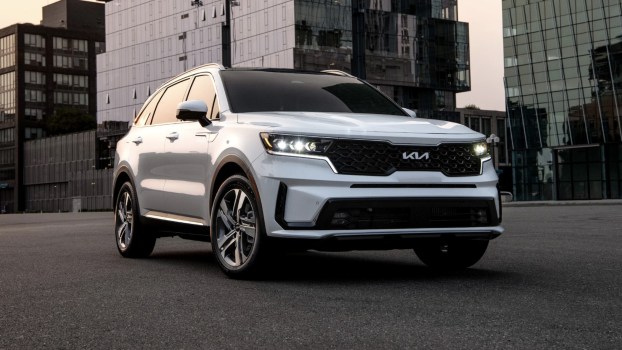
Why Is Kia Reliability so High?
Top-rated models come from Kia, such as the Sportage, Seltos, and Telluride SUVs. The South Korean automaker also has a burgeoning electric vehicle lineup. Based on the numbers, you can trust Kia reliability.
Kia reliability is very strong
Kia reliability is a crucial factor when choosing the right model from the lineup. The more reliable the car, the more likely it will last longer, need fewer repairs, perform better, and dependably get you to your destination. The ownership costs are lower for reliable vehicles too.
And in terms of reliability, Kia is one the best. A trusted authority for automotive analysis is J.D. Power, which ranks Kia high for reliability.
For the 2023 Vehicle Dependability Study, Kia ranks as the third-most dependable car brand, behind only Lexus and Genesis. Also, the Sportage ranks as the most dependable compact SUV.

One of the biggest reasons why Kia models are so reliable is the company’s connection with Hyundai. In the 1990s, Kia was a failing car brand—and its vehicles were plagued by quality issues.
However, both the financial health and vehicle quality greatly improved once Hyundai bought Kia in 1998. Hyundai is another reliable car brand.
The two car brands operate independently—but Hyundai is the parent company. They both benefit from sharing resources, resulting in a higher quality.
By sharing resources, Kia and Hyundai are less dependent on external suppliers—where there’s greater uncertainty for quality.
For example, the South Korean automakers are the only ones that own their own foundry for producing the metal castings for the vehicles.
Another factor that contributes to Kia reliability is their relative simplicity. Compared to some other vehicles, the ones from Kia are less complicated.
Generally, the more complicated the vehicle, the more likely it will break down or have mechanical problems. Kia follows the KISS (Keep It Simple, Stupid) design principle. This results in fewer issues—and higher reliability.




